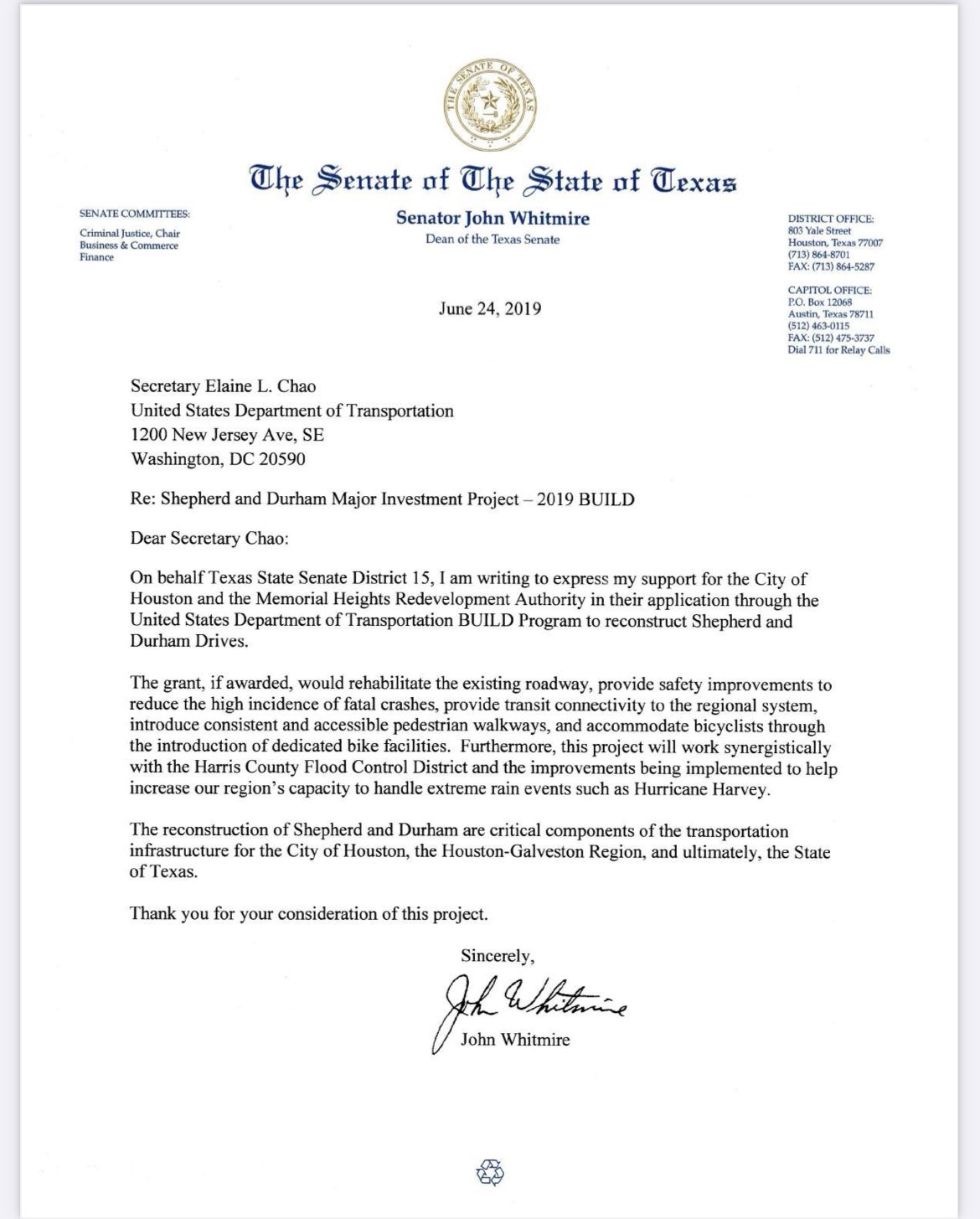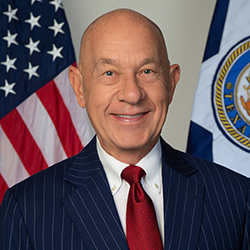
As previously noted, early voting begins today for the special HCAD and SD15 elections. I have said before that we are not used to voting in May in Harris County and that because of that and because of the annoyingly low profile of the HCAD election I expect turnout to be really low. How low? The only way to get a handle on that is to look at the previous elections we’ve had in May and see what they tell us.
There are always some May elections in the county, in both even and odd years, though the preponderance of them is in the odd years as these are municipal and school district races. Not all of them are conducted by the Harris County Clerk – as noted, only the HCAD and SD15 races will show up on your ballot if you go to one of the voting centers advertised by the Clerk. If you live someplace where there’s another election going on, like in Spring Branch ISD, you’ll need to find where the voting is for that. A look through the HarrisVotes election archives confirms that some years there are results and some years there are not.
I skipped the years where the Clerk’s office ran a bunch of normal elections for a variety of smaller cities and school districts, as those don’t fit the model I’m looking to emulate for this analysis. I went back 20 years and found a handful of one-off elections, and I present them to you here with my comments.
City of Houston special election, May 15, 2004. This was a ballot proposition put forth by then-Mayor Bill White to exempt the city from a new state law that protects the pensions of city workers. Mayor White “said he must have flexibility to deal with a $2.7 billion shortfall in the city’s main municipal and police pensions”, which sure sounds like the kind of thing that could still be written today. Anyway, there were 86,748 total votes cast out of 984,480 registered voters, for 8.81% turnout. Whatever your reaction to that number, please note that it is very much on the high end for these things. Also, I want to offer a shoutout to the 817 people who brought themselves to a polling location for this, the literal only election on the ballot, and then did not cast a Yes or No vote. You are all a very special kind of weirdo.
For the Harris County joint election of May 12, 2007, we have two items of interest. One was a state constitutional amendment:
Proposition 1 – SJR 13
SJR 13 would amend the Constitution to authorize the legislature to adjust the public school ad valorem tax or tax rates for taxpayers who are aged 65 or older, or are disabled, and who are owners of an exempted homestead. The amendment would thereby allow the legislature to provide tax relief to such elderly or disabled taxpayers who did not receive tax relief as a result of the school tax rate reduction passed in the 79th Legislature, 3rd called session.
Yes, normally state constitutional amendments are voted on in November. The year 2006 was a school finance special session-palooza, after the Supreme Court had ruled the then-existing property tax system unconstitutional, and because it took so long for all that business to be conducted, this item didn’t get onto the November ballot. For this election there were 75,451 votes cast out of 1,781,702 registered voters, or 4.23% turnout. Statewide, there were 929,579 votes cast, or about 7% turnout; I don’t have an exact figure for May of 2007 so I’m extrapolating from the November elections before and after.
We also had the special election for Houston City Council At Large #3, to fill the seat left vacant by Shelley Sekula-Gibbs and her amazing two-month tenure in Congress that you really ought to Google to enjoy for yourself if you aren’t already familiar with it. Melissa Noriega, current candidate for HCAD Position 2, was the eventual winner of that race, in which 37,592 ballots were cast out of 907,198 voters, or 4.14% turnout. There was a runoff for this race, and I’ll circle back to that later.
City of Houston special election, May 9, 2009, to fill the vacancy in City Council District H left by new Sheriff Adrian Garcia. 4,186 voters out of 93,883 registered showed up to eventually elect now-Sheriff Ed Gonzalez, for 4.46% turnout.
Harris County special election, May 10, 2014, to fill the vacancy in SD04. That district was mostly in Montgomery County, but I only care about Harris so that’s what I’m checking. 4,080 ballots, 88,297 total voters, 4.62% turnout.
Harris County special election, May 7, 2016, to fill the vacancy in HD139 following the election of Mayor Sylvester Turner. This was the least consequential race among them, as Jarvis Johnson was the only candidate of the two on the ballot who was in the running for the nomination in November. Johnson won, which gave him a boost in seniority when the 2017 legislative session came around. Beyond that, it just didn’t matter, and that was reflected in the numbers, as a mere 1,855 ballots were cast out of 92,706 total voters, for 2.00% turnout. I think it’s safe to say this is the bottom of the spectrum.
Harris County joint election, May 6, 2017, the infamous HISD recapture re-vote, which I won’t get into here but suffice it to say was very much Of Interest at the time. It was the first time many of us had a reason to vote in a May non-primary election since 2007, and for all the noise this whole process had generated since the original recapture vote failed in a spectacular manner the previous November, the turnout was 28,978 out of 723,065 registered voters, for 4.01% turnout. May elections, man.
Finally, city of Houston special election, May 5, 2018, to fill the vacancy in City Council District K following the untimely death of then-CM Larry Green. Martha Castex-Tatum took it in the first round, with 5,135 ballots cast out of 85,450 total voters, for 6.01% turnout.
So the most common turnout figure is in the four to five percent range for these elections. I don’t have an updated total of registered voters for Harris County, but there were 2,588,951 of them last November, so let’s say 2.6 million and go from there. Four to five percent total turnout for this election would mean roughly 104K to 130K for this. That honestly feels a little high to me, but let’s see how it looks once early voting begins. We are all just guessing.
Oh, that June 2007 runoff for City Council At Large #3 had 24,865 voters for 2.74% turnout. In this context, that would translate to about 71K voters. I think we’ll do better than that, but not by much. We’ll see how it goes.

















